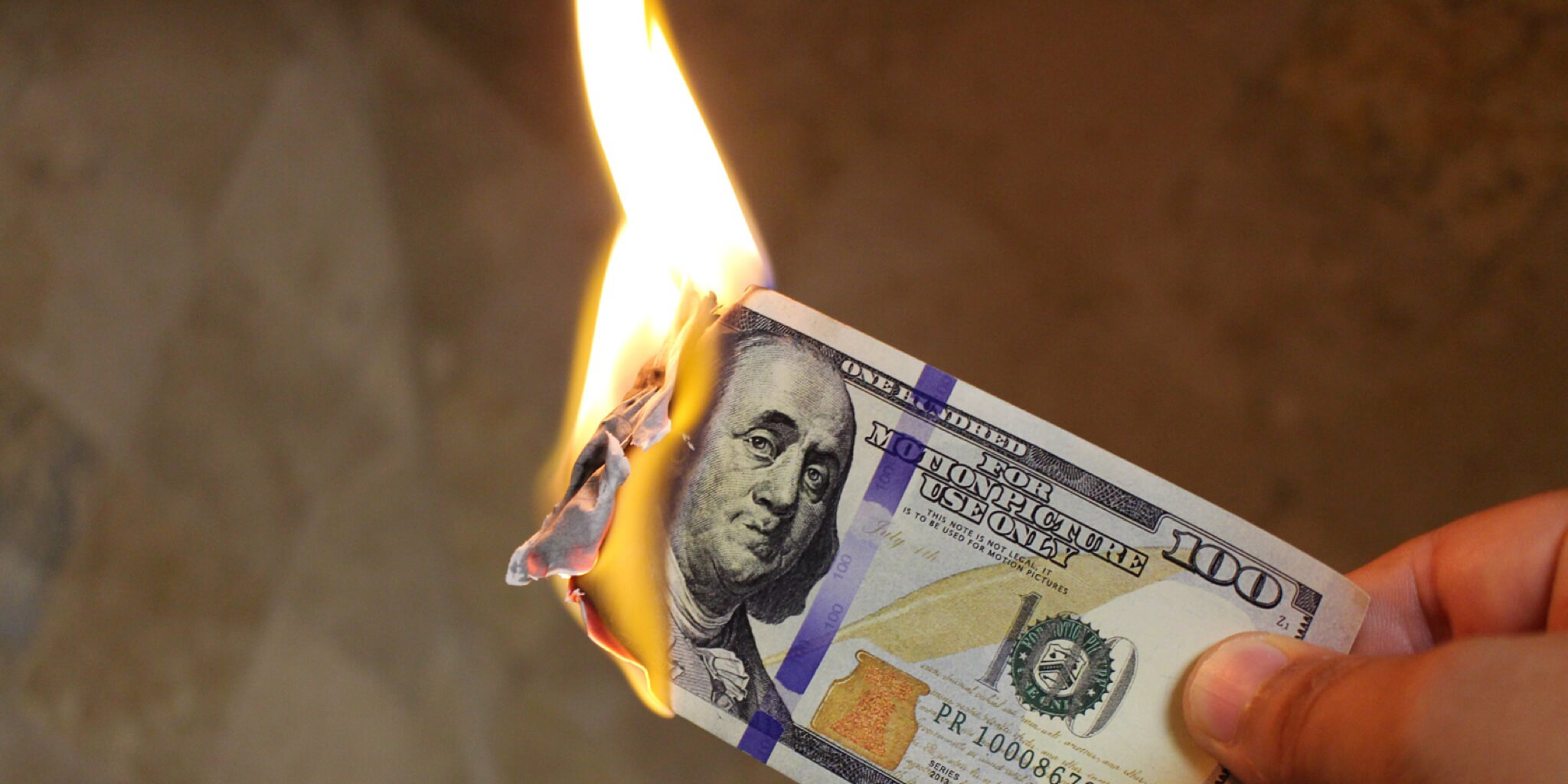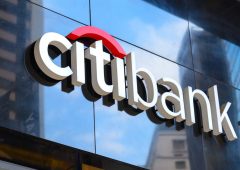US Banks Face $482 Billion in Unrealized Losses, FDIC Warns
01.03.2025 21:00 1 min. read Alexander Stefanov
American banks are facing a sharp rise in unrealized losses, with the latest data from the Federal Deposit Insurance Corporation (FDIC) revealing a significant increase in the fourth quarter of 2024.
The total value of these losses surged by $118.4 billion, bringing the overall figure to $482.4 billion.
The FDIC attributes the surge to rising long-term interest rates, such as those on 30-year mortgages and 10-year Treasury bonds, which have eroded the market value of bank-held securities.
Unrealized losses represent the gap between the purchase price of these assets and their current worth, a factor that played a key role in the downfall of Silicon Valley Bank in 2023. The bank’s collapse was triggered when depositors, alarmed by heavy losses on securities sales, rushed to withdraw their funds.
Despite these mounting losses, the banking sector posted a 2.3% increase in overall profits. However, concerns remain, with the FDIC’s list of troubled banks now including 66 institutions, down slightly from 68 in the previous quarter.
These banks have received poor ratings under the CAMELS system, indicating financial instability that could jeopardize their survival if left unaddressed.
So far in 2024, one bank has already failed. Pulaski Savings Bank was shut down in January, with regulators citing “suspected fraud” as a contributing factor without providing further details on the exact cause of its closure.
-
1
How One Musician’s $3M NFT Success Turned Into a Costly Tax Lesson
08.06.2025 19:00 1 min. read -
2
ARK Invest Makes Bold Bet on Circle as Stablecoin Giant Enters Wall Street
06.06.2025 21:00 2 min. read -
3
California Targets Dormant Crypto With New Custody Proposal
05.06.2025 19:00 2 min. read -
4
Worldcoin Expands to UK With Eye-Scanning ID and Crypto Rewards
10.06.2025 13:00 2 min. read -
5
OpenSea Sees Surge in Users, But NFT Market Volumes Still Lag
10.06.2025 14:00 1 min. read
Wealthy Clients Demand Better Crypto Expertise from Advisors
A new report from CoinShares reveals that while wealthy investors are embracing digital assets more than ever, they’re also questioning whether their financial advisors are prepared for this shift.
Canton Network Developer Secures $135M to Expand Institutional Blockchain Use
Digital Asset has locked in $135 million in fresh capital to scale up its institutional blockchain platform, Canton Network.
ARK Invest Cashes In on Circle Rally as Stock Soars Past $60B Valuation
ARK Invest has continued to capitalize on the dramatic rise of Circle’s stock, unloading a sizable portion of its holdings just weeks after the stablecoin issuer’s public debut.
Circle’s Market Cap Surges Past Its Own Stablecoin
Circle’s explosive entry into public markets has propelled its stock valuation beyond the supply value of its flagship stablecoin, USDC.
-
1
How One Musician’s $3M NFT Success Turned Into a Costly Tax Lesson
08.06.2025 19:00 1 min. read -
2
ARK Invest Makes Bold Bet on Circle as Stablecoin Giant Enters Wall Street
06.06.2025 21:00 2 min. read -
3
California Targets Dormant Crypto With New Custody Proposal
05.06.2025 19:00 2 min. read -
4
Worldcoin Expands to UK With Eye-Scanning ID and Crypto Rewards
10.06.2025 13:00 2 min. read -
5
OpenSea Sees Surge in Users, But NFT Market Volumes Still Lag
10.06.2025 14:00 1 min. read


